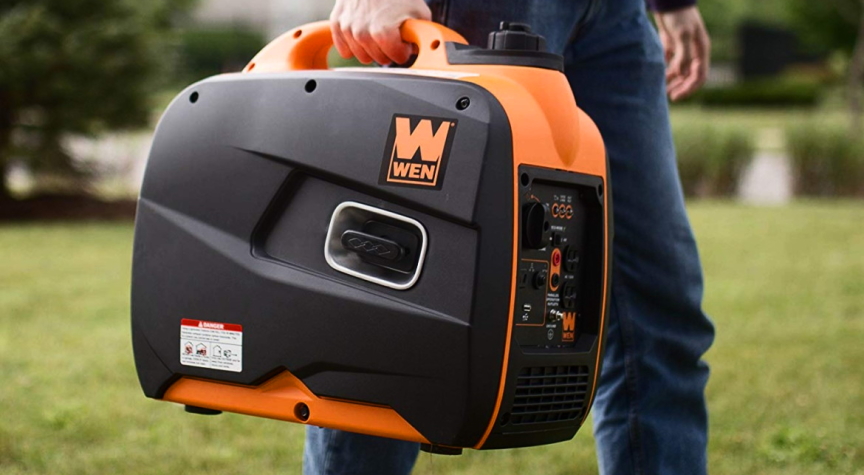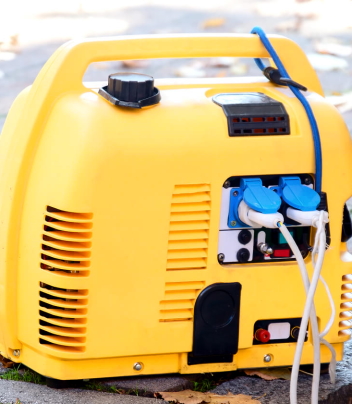Inverters are a type of generator that converts the DC power from the battery into AC. The inverter is important for running sensitive electronics such as a computer, TV, and refrigerator. Inverters can also be used to run other items such as microwaves and lights. For example, if you have a power outage at your home or business and need to keep your refrigerators going so you don’t lose all of your food, then using an inverter generator may be necessary for keeping things cool until the utility company can get their grid up and running again.
In contrast to an inverter generator that converts DC power to AC power with just one conversion step, conventional generators use two conversion steps, resulting in more wear on.

Inverter generator vs. a regular one
If you’re in the market for a generator, it’s important to understand the difference between an inverter generator and a conventional one. Inverters are more expensive than conventional generators, but they have many benefits that make them worth the additional cost. The main advantage of an inverter is that it can provide power at lower voltage levels. This means less power loss on long runs of wire or cable and less noise from large appliances like air conditioners because they will run quieter with a lower voltage input rather than a high voltage input.
The quality of electricity is also better since there isn’t any interference from other sources such as radio waves, televisions, microwaves, etc., which can distort or interrupt signals when used near each other.
Traditional generator and inverter generator
 Inverters are a type of generator that has been around for some time now. Inverter generators produce electricity from the electric grid and then convert it to AC power on-site. The advantages of an inverter generator include a smaller size, lower weight, lighter fuel consumption, and less noise than a conventional generator.
Inverters are a type of generator that has been around for some time now. Inverter generators produce electricity from the electric grid and then convert it to AC power on-site. The advantages of an inverter generator include a smaller size, lower weight, lighter fuel consumption, and less noise than a conventional generator.
An inverter generator is a type of engine that converts AC power to DC power. It does this by using an AC motor and with the help of electronic circuitry, which changes the voltage from 120 volts to 12 volts or 240 volts to 24 volts. Inverters can be used for many purposes, including powering laptops and televisions, but they are most often used in conjunction with solar panels because they produce clean energy which doesn’t rely on fossil fuels.
Conventional generators use fuel such as gasoline or diesel and generate electricity through combustion, which releases carbon dioxide into the atmosphere. The major difference between these two generators is that conventional generators run at 60 cycles per second while inverter generators operate at a 400-hertz cycle rate.

